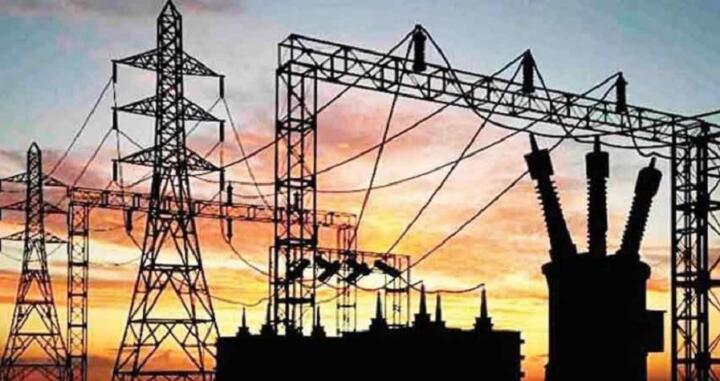Despite ongoing efforts to reform Nigeria’s power sector, widespread blackouts continue to affect many parts of the country. A significant factor contributing to this persistent issue is the underutilization of government-owned power plants, which collectively have a capacity of 3,000 megawatts (MW) but remain largely dormant.
The Niger Delta Power Holding Company (NDPHC), responsible for managing several of these plants under the National Integrated Power Projects (NIPP), is currently struggling to generate even 1,000MW. This shortfall is primarily due to inadequate gas supply and operational challenges, leaving a substantial portion of the nation’s installed capacity idle.

While the Federal Government has initiated reforms to address these challenges, including the implementation of the Electricity Act 2023 and investments in transmission infrastructure, the impact on power availability has been limited. Although there has been a reported increase in generation capacity, with peaks reaching 5,543MW, this is still insufficient to meet the country’s estimated demand of over 40,000MW.
The continued dormancy of these government power plants not only exacerbates the electricity deficit but also undermines economic activities, as businesses and households grapple with unreliable power supply. Addressing the issues hindering the full operation of these facilities is crucial for improving Nigeria’s energy landscape and fostering sustainable development.
Support InfoStride News' Credible Journalism: Only credible journalism can guarantee a fair, accountable and transparent society, including democracy and government. It involves a lot of efforts and money. We need your support. Click here to Donate
